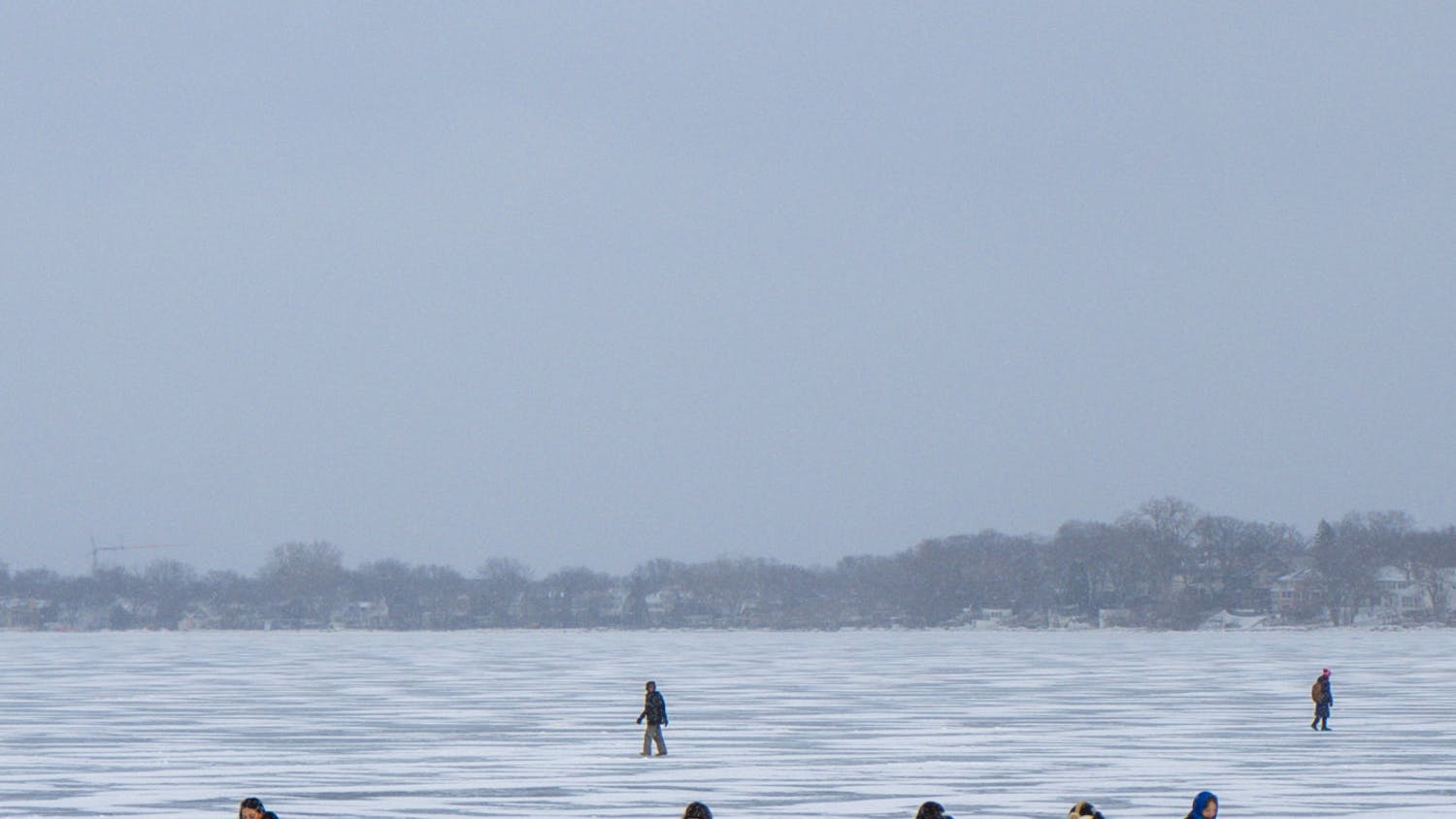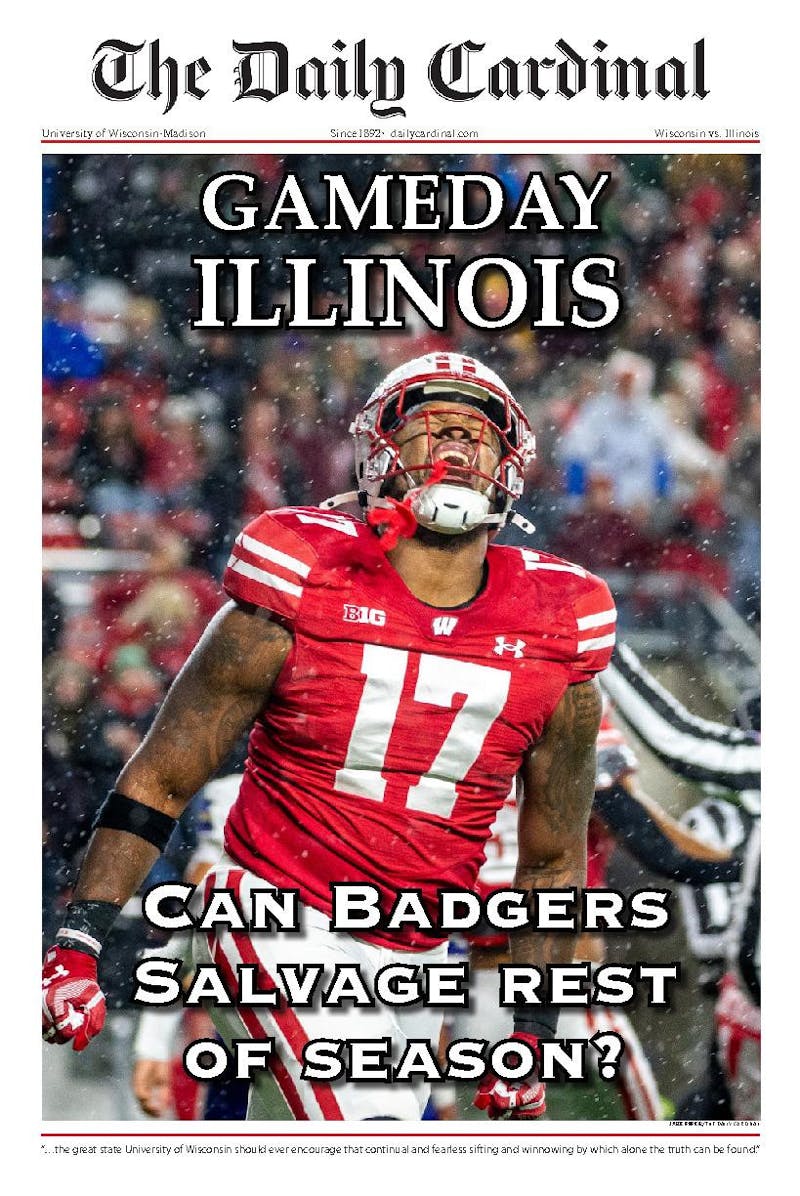Brett, a UW-Madison sophomore, downloads about three new albums per day with a few clicks of the mouse and without the help of a credit card. However, he may soon be in court.
After several Recording Industry Association of America companies went to U.S. District Court demanding the University of Wisconsin release contact information for 53 individuals who received settlement letters for illegally downloading music, the university is complying.
Judge John Shabaz ruled Wednesday that the university must release ""the names, addresses, telephone addresses, e-mail addresses and Media Access Control addresses"" for each individual connected to 53 IP addresses targeted by the RIAA for habitually and illegally downloading audio files, according to the Wisconsin State Journal.
Bringing forth a ""John Doe"" lawsuit, the RIAA identified the IP addresses connected to illegal downloading, and now the university must identify those addresses' owners, according to Brian Rust, UW-Madison Department of Information Technology communications director.
""Crap!"" Brett said. ""I mostly download in pretty public areas, so it's hard to trace the IP address, but who knows what they've got on me?""
In a March 16 e-mail, UW-Madison Interim Chief Information Officer Ken Frazier told students the university would not give targeted students the settlement letters sent to the university by the RIAA a few days earlier, unless the RIAA sought a subpoena. This legal process commanding a witness to give testimony against the offender of a penalty would require the university to release the students' contact information.
But the RIAA skipped subpoenaing and instead went directly to court to get the university to give the students' information.
""The only thing that we resisted was the settlement letters,"" Rust explained. ""We would absolutely comply with a subpoena. We would have to.""
And according to Rust, UW-Madison is not the only campus being targeted—the 53 IP addresses could have been traced to UW System schools anywhere in Wisconsin's western U.S. District Court region, including UW-Eau Claire and UW-Stout.
""And it's anybody's idea why [the RIAA] went to District Court to get a ruling to tell us that we should give up information that we would give up anyway if we got a subpoena,"" Rust said.
The Wisconsin State Journal reported that according to ""court documents,"" the 53 IP addresses accounted for approximately 25,000 illegally downloaded music files, though Rust said he did not see this number in the proceedings.
No RIAA representatives were available for comment Thursday evening.





